农历"小年"英语怎么说:Lunar New Year
小年并非专指一个节日,由于各地风俗,被称为小年的节日也不尽相同。小年期间主要的民俗活动有贴春联,扫尘,祭灶等。
Xiaonian is not a special festival。 Because of local customs, festivals called Xiaonian are not the same。 During the year, the main folk activities include pasting couplets, cleaning dust, offering sacrifices to kitchens, etc。
小年在各地有不同的概念和日期,北方地区是腊月二十三,南方地区是腊月二十四,江浙沪地区把“腊月廿四”和“除夕前一夜”都称为小年,南京地区称正月十五的元宵节为小年,云南部分地区是正月十六,西南和北方部分少数民族地区是除夕。
The year has different concepts and dates in different places。 The northern area is December 23, the southern area is December 24, Jiangsu, Zhejiang and Shanghai areas call "December 24" and "the night before New Year's Eve" as the year, Nanjing area calls the Lantern Festival on January 15 as the year, Yunnan part is January 16, southwest and northern minority areas are New Year's Eve。
小年也意味着人们开始准备年货,准备干干净净过个好年,表示新年要有新气象,表达了中国劳动人民一种辞旧迎新、迎祥纳福的美好愿望。
The new year also means that people begin to prepare for the New Year's Goods, and prepare for a clean and clean New Year。 It means that the New Year should have a new atmosphere。 It expresses the good wish of the working people of China to renounce the old and welcome the new and welcome the good fortune。
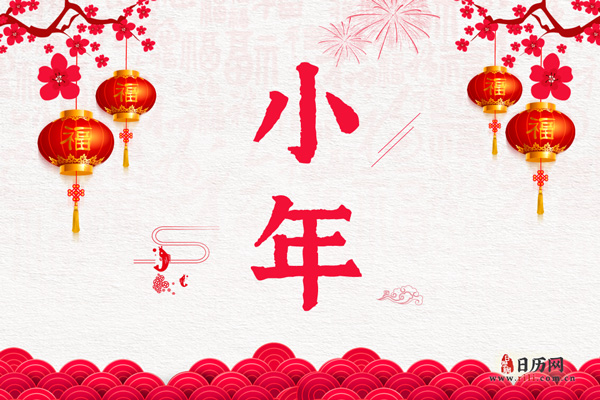
小年的六种民间习俗
1. Offer sacrifices to Kitchen God
祭灶王
In one of the most distinctive traditions of the Little New Year is the burning of a paper image of the Kitchen God, dispatching the god's spirit to Heaven to report on the family's conduct over the past year。 The Kitchen God is then welcomed back by to the home through the pasting of a new paper image of him beside the stove。 From this vantage point, the Kitchen God will oversee and protect the household for another year。
“小年”最具特色的风俗就是“祭灶王”,具体来讲就是将旧的灶王像烧掉,送“灶王”上天禀报这家人过去一年的善恶。大年三十的晚上,要在灶台旁贴一张新的灶王像,也就是“接灶”。这样,来年“灶王爷”就能继续监督并庇佑这一家人。
Most of the offerings are sweets of various varieties。 It is thought that this will seal the Kitchen God's mouth and encourage him to only say good things about the family when he ascends to heaven to make his report。
人们还会在祭灶时给灶王爷摆上多种甜点做贡品,认为这会堵住灶王爷的嘴,让他上天汇报时只说好话。
2. House cleaning
扫尘土
Between Laba Festival, on the eighth day of the last lunar month, and Little New Year, on the twenty-third day, families throughout China undertake a thorough house cleaning, sweeping out the old in preparation for the New Year。 从腊八到小年这段时间,中国大部分家庭都会彻底清扫房屋,“辞旧迎新”。
According to Chinese folk beliefs, during the last month of the year ghosts and deities must choose either to return to Heaven or to stay on Earth。 It is believed that in order to ensure the ghosts and deities' timely departure people must thoroughly clean both their persons and their dwellings, down to every last drawer and cupboard。
根据中国民间习俗,鬼魂和神灵都要在腊月选择返回天上还是留在人间。为了保证“他们”及时离开,人们必须彻底进行清扫,包括个人卫生和住所,抽屉和碗柜的犄角旮旯也都要打扫干净。
3. Eat Guandong candy
吃关东糖
Guandong candy, a sticky treat made out of glutinous millet and sprouted wheat, is a traditional snack that Chinese people eat on the Festival of the Kitchen God。
关东糖是用麦芽、小米熬制而成,是人们在小年吃的传统小吃。
4. Paste paper-cuts to windows
贴窗花
In the Little New Year, old couplets and paper-cuts from the previous Spring Festival are taken down, and new window decorations, New Year's posters, and auspicious decorations are pasted up。
过小年时,要把去年春节贴的春联和窗花取下,贴上新的窗花,年画,和各种大吉大利的装饰品。
5. Bath and hair-cut
沐浴理发
As the old Chinese saying goes, whether they're rich or poor, people often have a haircut before the Spring Festival。 The activity of taking bath and haircut is often taken on the Little New Year。
民间有“有钱没钱,剃头过年”的说法。“小年”时人们常要沐浴理发。
6. Preparations for Spring Festival
办年货
People start to stock up necessary provisions for the Spring Festival since the Little New Year。 Everything needed to make offerings to the ancestors, entertain guests, and feed the family over the long holiday must be purchased in advance。
从小年开始,人们就要为过年置办了,包括给祖先的贡品、招待客人的用品,还有过年期间一家人的吃食都要提前买好。



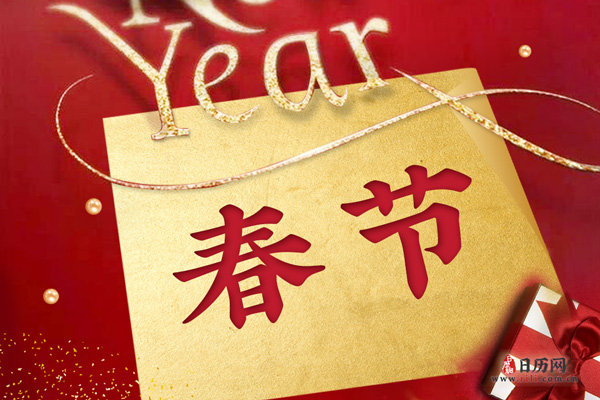
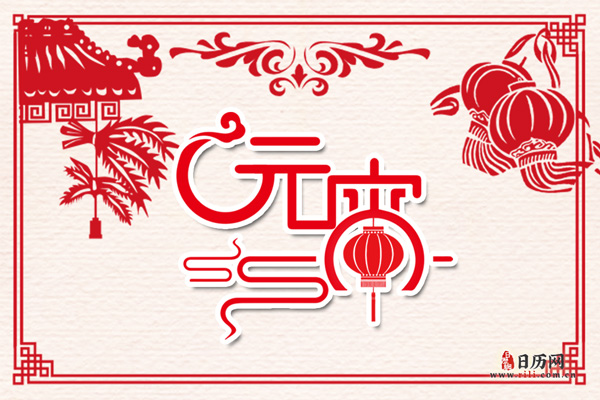
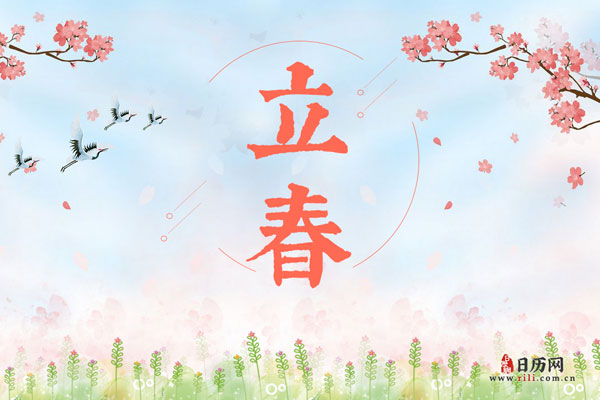
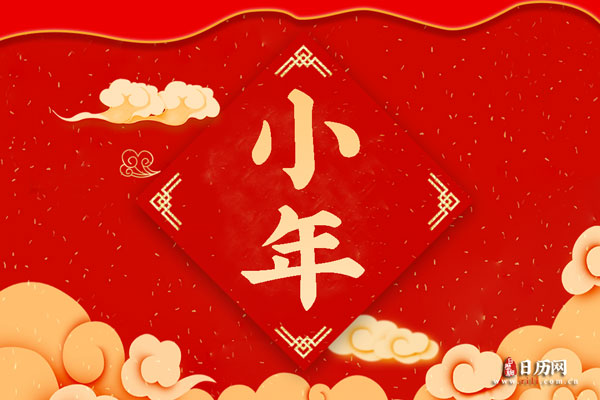
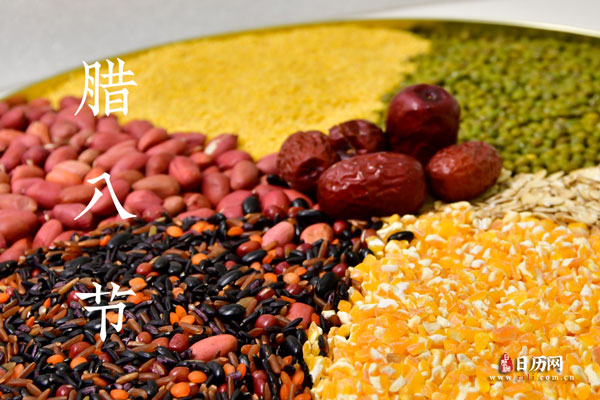

 晋公网安备14080202000303号
晋公网安备14080202000303号